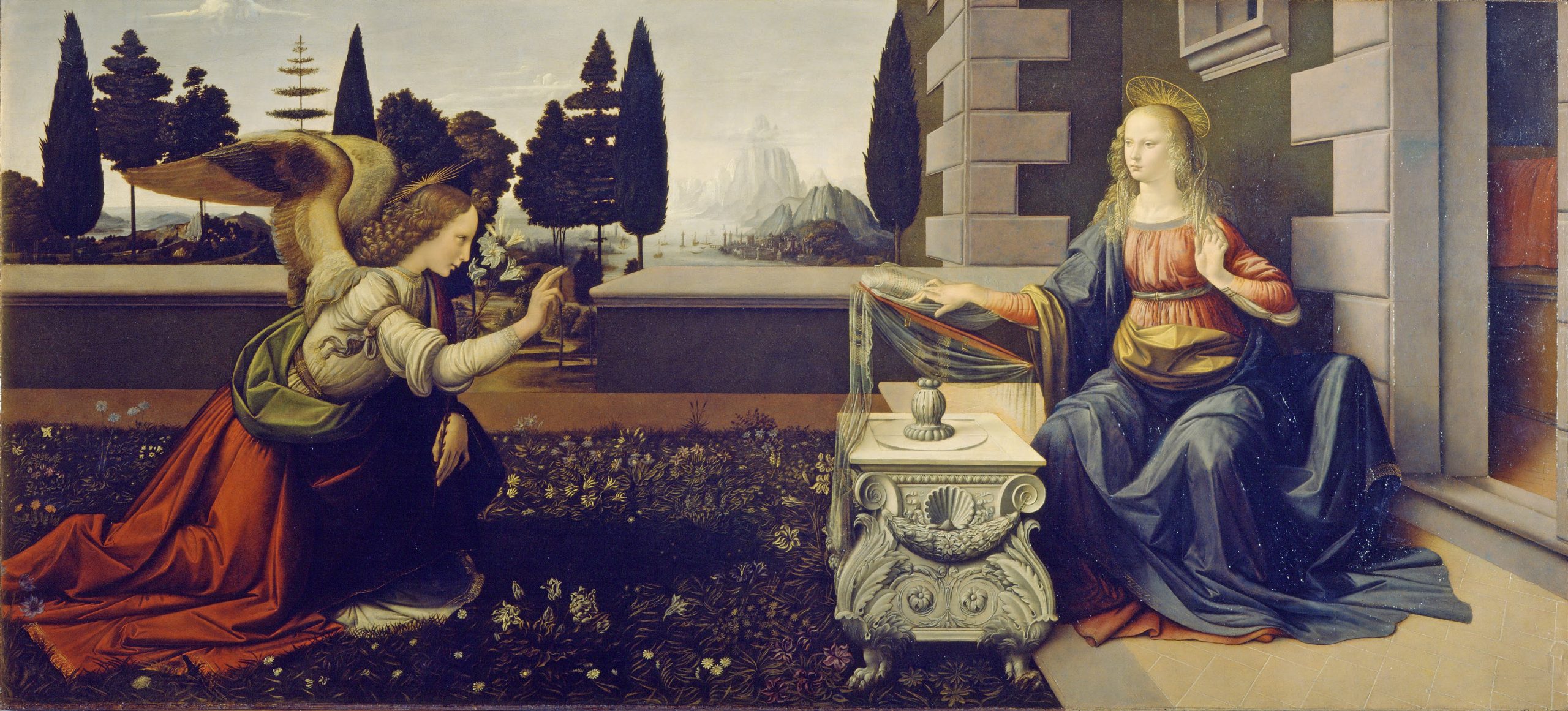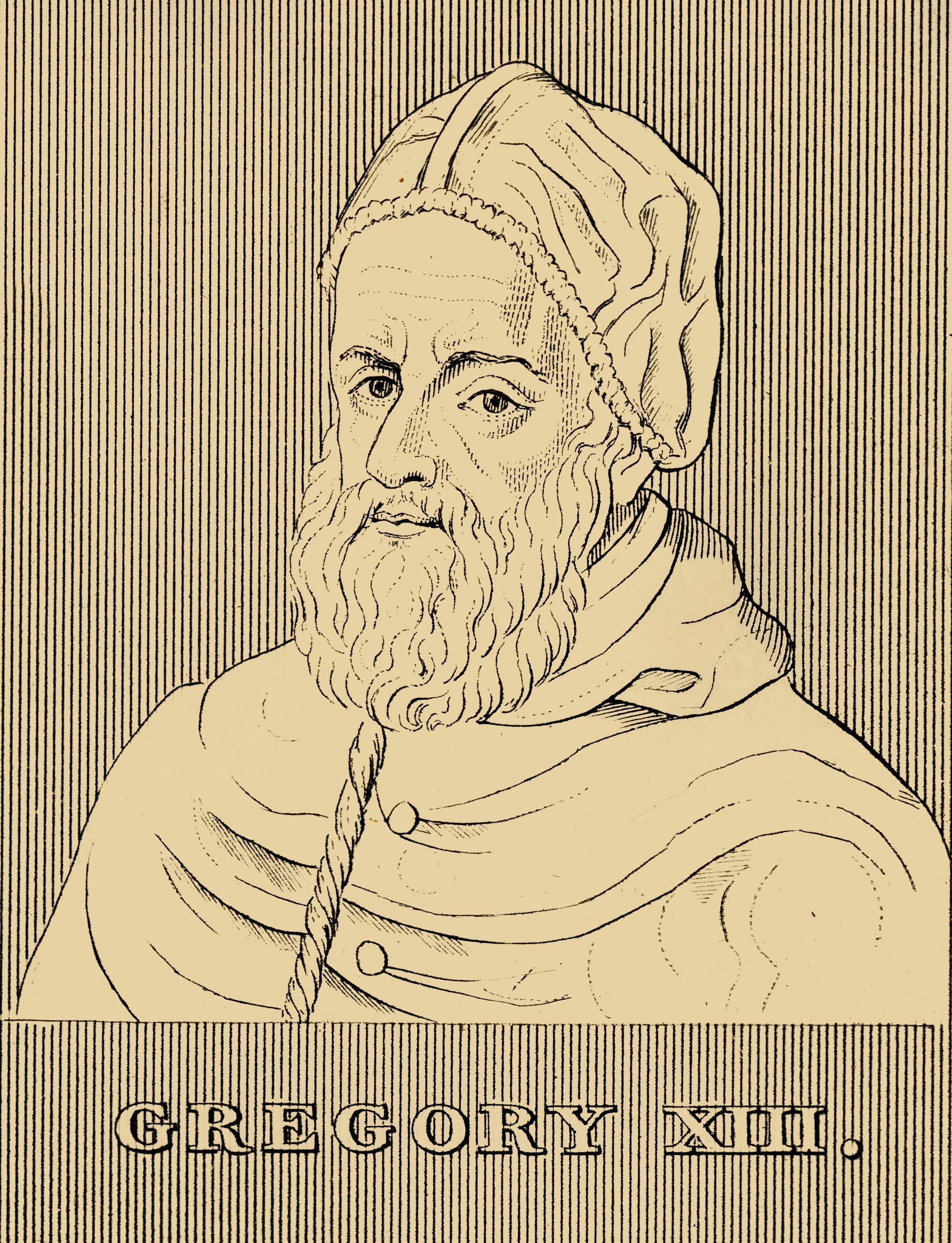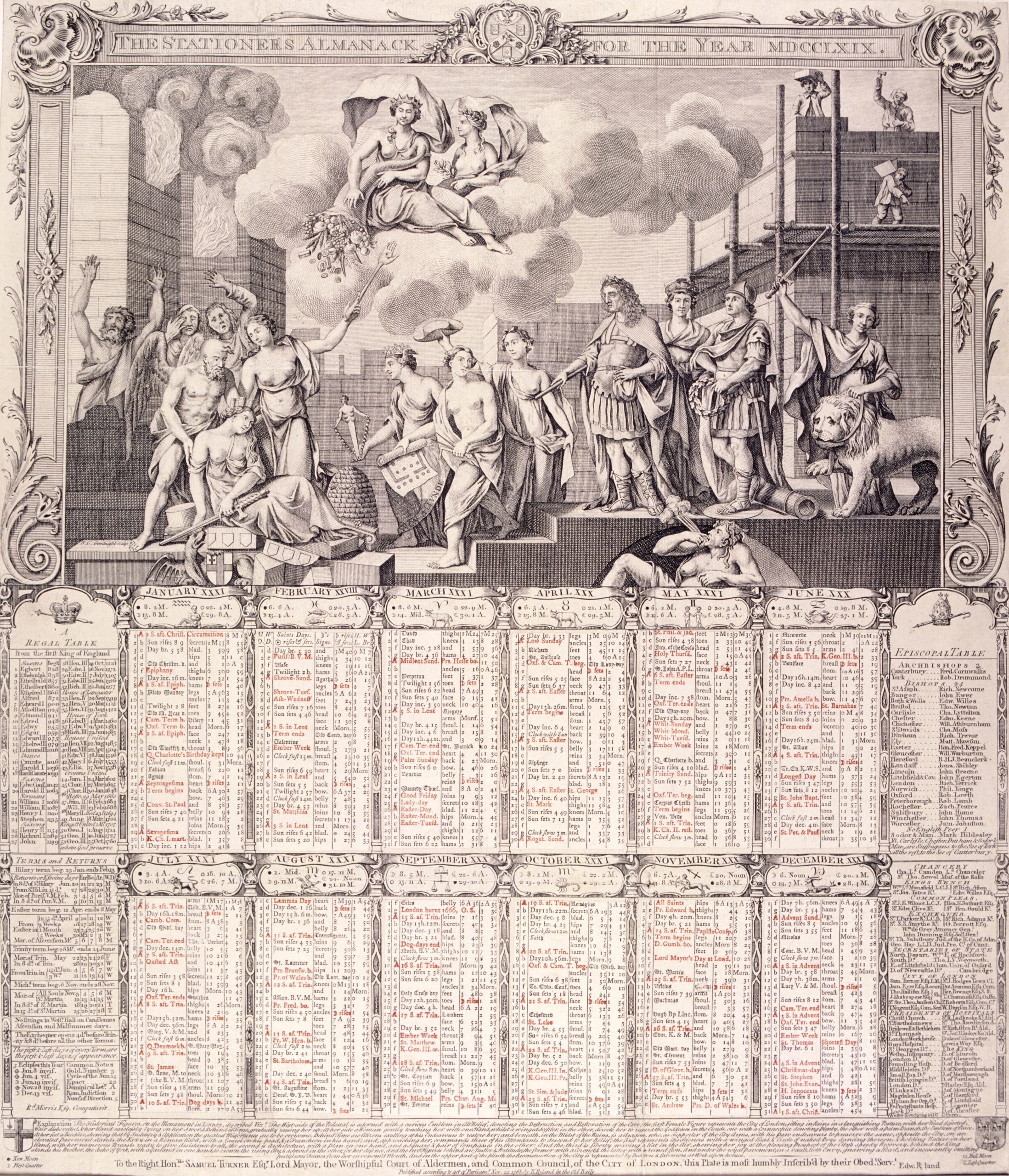Curious Questions: Why does our tax year start on April 6th?
The tax-year calendar is not as arbitrary as it seems, with a history that dates back to the ancient Roman and is connected to major calendar reforms across Europe.


As with Oscar Wilde, many a sagacious or witty aphorism is wrongly attributed to Benjamin Franklin. In a letter to Jean-Baptiste Le Roy in 1789, he speculated on the longevity of the new American constitution, a concern that recent events may have shown was well-founded, by noting that ‘in this world nothing can be said to be certain, except death and taxes’.
True as that may be, he was not the originator of the phrase. English actor and dramatist Christopher Bullock beat him to it, penning the line ‘’tis impossible to be sure of anything but Death and Taxes’ in The Cobbler of Preston, a farce first staged on January 24, 1716 at Lincoln’s Inn Fields.
Opening a letter informing me of my latest tax code brought the phrase to mind. As I studied it, one oddity struck me; why does our tax year start on April 6th, a curious date if there ever was one?
Of course, we British delight in our quirkiness and eccentricities, cocking a snook at the slavish devotion to logic and common sense that many other countries display, and this extends to all matters taxation.
While many countries have chosen to start their tax years at the beginning of the calendar year, we seem to have plucked a date out of the air. In fact, it's not as random as it initially seems, but the reason for it lies in the mists of time.

Our story begins with Julius Caesar who, in 45BCE, introduced a major reform of the calendar, establishing a four-year cycle where three years consisted of 365 days and a fourth of 366 days to reflect the fact that there were really 365.25 days in a year. He also moved the start of the year from March 1st to January 1st, which accorded with earlier Roman traditions.
As the Roman Empire declined and fell in Western Europe, the Christian Church gradually filled the vacuum, with its major festivals gaining the ascendancy in marking the passage of time. From the 6th century, Christmas Day heralded in the new year in England until it was replaced by January 1st in 1067, following the Norman conquest.
Exquisite houses, the beauty of Nature, and how to get the most from your life, straight to your inbox.
By the 9th century, though, southern European countries had adopted Annunciation Day as the start of the new year, the church holiday celebrated on March 25th, nine months prior to Christmas, which marked the Angel Gabriel’s revelation to an astonished Virgin Mary that she was to give birth to Christ.

Ever wary of innovations emanating from Europe, it was not until 1155 that England followed suit, establishing Lady Day, as the Feast of the Annunciation was known, as the legally recognised start of a new year.
It was one of four quarter days, Midsummer Day (June 24th), Michaelmas Day (September 29th) and Christmas Day being the others, in which debts and accounts had to be settled, rents for land and property had to be paid, servants could be hired and school terms began.
The Romans were nothing if not logical, but pure reason cannot contend with astronomical reality. The time it took the earth to orbit around the sun was approximately 11.5 minutes less than the precise 365.25 days they had assumed.
Those 11.5 minutes soon mounted up, adding an extra day’s drift between the astronomical year and the Julian year every 128 years. The result was that by 1582 seasonal equinoxes were falling ten days ‘too early’, a particular problem as the dating of one of the principal Christian festivals, Easter, was dependent upon the vernal equinox.
To put matters on an even keel, Pope Gregory XIII authorised a fundamental reform to the calendar, dropping ten days from October 1582 and devising a new formula for calculating a leap year.

Only years divisible by 400 at the end of the century would be deemed a leap year. Although Gregory had no jurisdiction over civil matters outside of the Papal states, most Catholic European countries adopted his reform. January 1st was increasingly adopted as the formal start of the year, something Scotland did in 1600.
Fiercely independent and Protestant, England held fast against these changes, but, as it transformed into a mercantile nation, having a calendar and a system for enumerating the year that was out of step with that of its trading partners became increasingly problematic. To help reduce confusion, an informal dual dating system was developed, where the year was calculated assuming both a January 1st and March 25th new year.
Worse still, by the mid-18th century the difference between the astronomical and Julian years had grown to eleven days. Something had to be done. In passing the Calendar (New Style) Act 1750, Parliament grasped the nettle by implementing a major change to the calendar, in effect adopting the Catholic Gregorian calendar, although the legislators could not bring themselves to admit that. Their formula for calculating the date of Easter, for example, produced the same result as Gregory’s but he was not explicitly named in the Act.
Be that as it may, the Act which formalised January 1st as the start of the year across England, Wales, and its colonies came into effect ‘after the last day of December 1751’. This meant that 1751 became a short year of just 282 days, running from March 25th to December 31st. To align the calendar with the rest of Europe, eleven days were dropped in 1752, so September 2nd was followed by September 14th.
This change had a financial implication, raising concerns that tax and other payments would fall due for payment earlier under the new calendar than they would otherwise have done under the Julian calendar.
Under the terms of a specific provision of the Act, the due dates of all monthly, quarterly, and annual payments would be deferred by eleven days to ensure that they were due on the day they would have been had the Julian calendar prevailed. What it meant was that taxes which were originally due to be paid on March 25th, 1753 (Lady Day) would now be payable on April 5th.

All went swimmingly until 1800 which, under the Julian calendar, would have been a leap year but, as the year was not exactly divisible by 400, under the Gregorian calendar it was an ordinary year consisting of 365 days. To assuage concerns that taxes would be payable one day earlier than they would have been under the old-style calendar, the Treasury moved the due date to April 6th, in effect recognising it as a Julian leap year. April 6th has remained as the start of the fiscal year for income tax purposes ever since.
In 1900, the Treasury abandoned this practice of dealing with the anomaly caused by the calculation of a leap year at the end of a century, but had they not, Julian and Gregorian leap years would have caught up with each other on January 1, 37901. By then, I can confidently predict, I will be out of the clutches of the taxman but firmly in the arms of the grim reaper. Such is life!

Credit: Alamy
Curious Questions: Are bees really busy?
We've all used the phrase 'busy as a bee' – but is it justified? Or are bees just as liable

Credit: Alamy
Curious Questions: How wise are owls?
The age-old image of the intelligent owl has persisted for centuries — but are they really the intellectuals of the
After graduating in Classics from Trinity College Cambridge and a 38 year career in the financial services sector in the City of London, Martin Fone started blogging and writing on a freelance basis as he slipped into retirement. He has developed a fearless passion for investigating the quirks and oddities of life and discovering the answers to questions most of us never even think to ask. A voracious reader, a keen but distinctly amateur gardener, and a gin enthusiast, Martin lives with his wife in Surrey. He has written five books, the latest of which is More Curious Questions.
